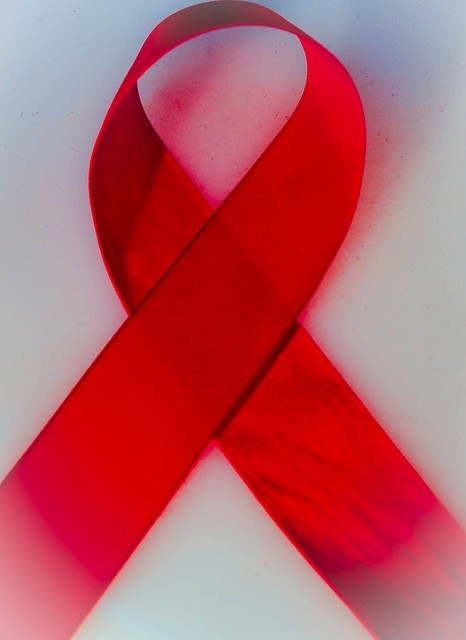Study Confirms the Possibility of Female-to Female HIV Transmission

Tests confirm that women can contract HIV by having sex with other women, according to the U.S. Centers for Disease Control and Prevention (CDC).
HIV infections have always been attributed to unprotected sexual contact. The possibility of HIV transmission from sexual activity between women was previously considered rare and difficult. Experts from CDC thoroughly investigated a case and found that unprotected exposure to vaginal or other body fluids including menstrual bleeding or bleeding during intercourse is linked to female-to-female HIV transmission.
The agency was notified by the Houston Department of Health during August 2012 about the transmission of human immunodeficiency virus through sexual contact between two women.
According to the reports, the woman aged 46 who was tested positive for HIV, was involved in a six-month relationship with a female partner who was diagnosed with the condition in 2008. Her partner, aged 43, had stopped antiretroviral treatments since 2010. The couple regularly had unprotected sex even during menstruation, indulged in oral sex and shared sex toys.
The officials noted, "They described their sexual contact as at times rough to the point of inducing bleeding in either woman."
It was reported that the woman who recently acquired HIV, did not have any tattooing, acupuncture, piercings and blood transfusions in the past five years that could increase risks for HIV transmission. She made an extra income by donating her plasma and was tested negative during HIV screening in March 2012.
Almost ten days after donating her plasma, she was retested for HIV when taken to an emergency room complaining of sore throat, fever, nausea, dry cough, diarrhea and muscle cramps. The results were negative but the tests taken after two and a half weeks revealed she was HIV positive.
"This type of transmission is rare," says Amy Lansky, deputy director at the CDC's Division of HIV/AIDS Prevention. "But still, it's important for discordant lesbian couples - when one is HIV-positive and the other is negative - to get medical counseling and HIV treatment." All persons are at the risk of HIV and must receive complete information to prevent sexually transmitted diseases. The CDC experts say, "Furthermore, all persons identified as infected with HIV should be linked to and retained in medical care. Control of HIV infection with suppression of viral load can result in better health outcomes and a reduced chance of transmitting HIV to partners."
Mar 14, 2014 08:19 AM EDT




